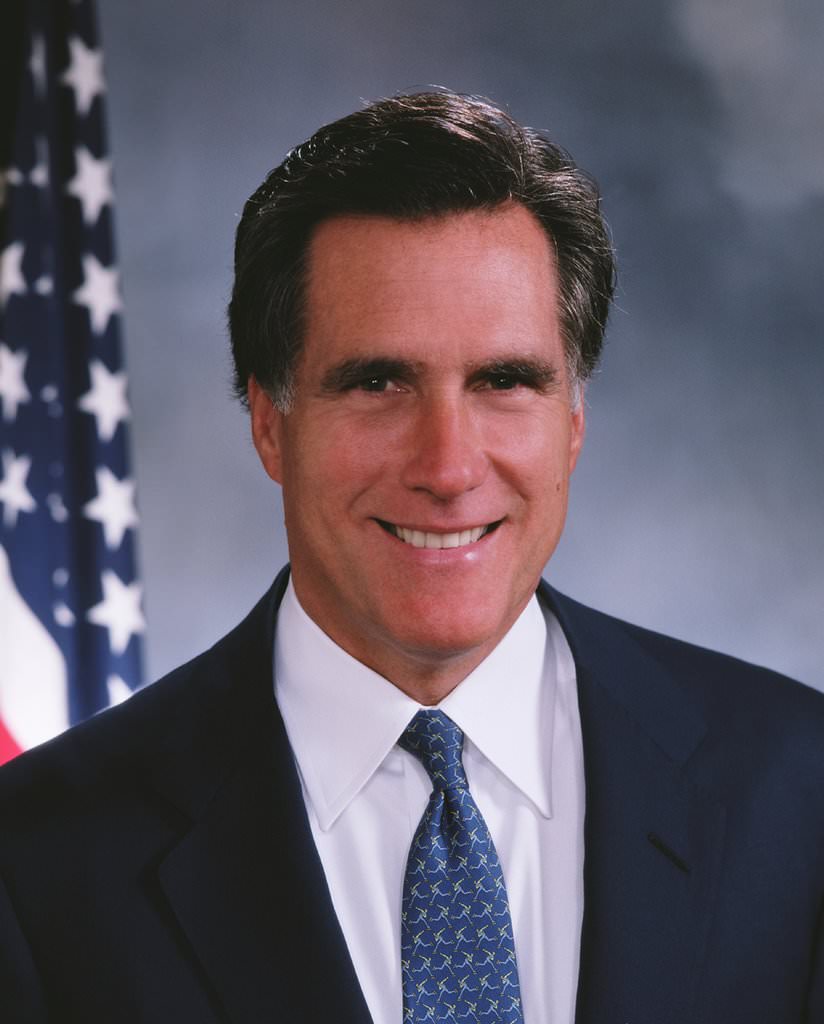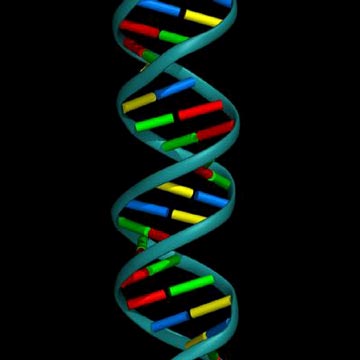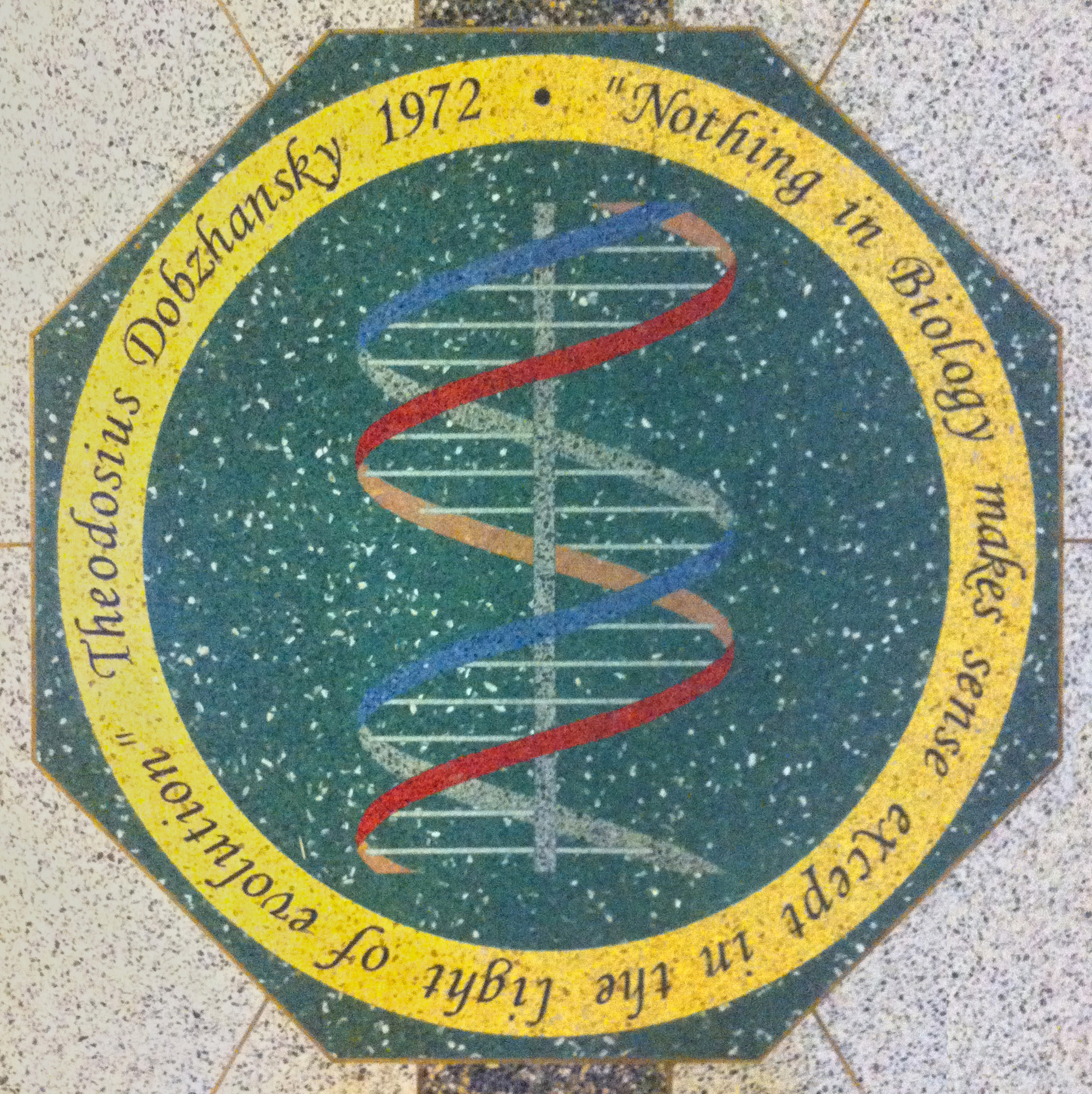 |
| Remember, you will die. |
It’s common to consider religion to be a matter of personal philosophy, and that's part of the story, but religion is also a matter of
life and death. That might sound strange coming from an atheist, so let me elaborate.
Modern people tend to think of religion as “what you believe in.” That modern attitude has been a long time in coming. Five hundred years ago, Martin Luther defined Christianity as a matter of belief rather than of communal identity. Salvation, he said, depends on your faith, not on the Church. Since then, religion in the West has become more and more a question of individual orientation. Today one might go so far as to characterize religious identity as a matter of opinion. You might ask a friend, "Who do you think should win American Idol?" or "Do you believe in God?" But there’s more to religion than belief. For our ancestors, religion meant membership in a spiritual community, and that’s what it means to me today. When my wife died a few years ago, all belief was dead to her, but her church was there to mark her passing. It’s the congregation that she belonged to as a living person that mattered, not any beliefs about another world. For many people, religion seems to be ultimately about the afterlife, but for me it’s about this life.
Years ago, after our daughter was born, my wife insisted that we join a Unitarian church in Seattle, where we atheists would be welcome. I thought she was crazy, but I made the best of it. Years into it, my daughter finally talked me into teaching Sunday school, and that's when I first started feeling like there was something interesting going on at church. And then when my wife passed away in her 40s, I got an even closer look at the benefits of being part of a community. The pastor who spoke at my wife’s memorial service was the same woman who had counseled my wife in the hospital as she faced her own death. Since my wife didn’t believe in the afterlife, she was grateful to have a spiritual counselor who didn’t try to distract her with promises of personal immortality. No personal philosophy could have provided my wife with a trusted counselor to help her face her own demise. That sort of help comes from a congregation.
My wife got support, and so did I. Mine was a volunteer from our church whose husband had died at the end of a long illness. Our connection was not a shared belief but shared community. Philosophically I'm a Taoist, and politically I'm a secular humanist, but it wasn't a Taoist or a secular humanist who talked personally with me about what it's like to have your spouse die. It was someone from my congregation.
At this time, our adolescent daughter was going through the
coming-of-age program, which meant she was already paired up for the year with a woman in the congregation, a mentor with whom she had a confidential, one-on-one relationship. The mentor program is standard for all youth, but it takes on a special meaning for those whose parents are dying. This is the same program that provided our daughter with
world-class sex education. Religion is about life as well as death.
More generally, people overestimate the role that belief plays in religion. Historically, belief has usually been secondary to practical concerns, such as rulership, ritual, holidays, group bonding, morality, law, education, charity, politics, authority, obedience, war, ethnicity, tradition, song, dance, art, language, time-keeping, record-keeping, etc. Even belief itself has often been used for the practical purpose of defining in-groups rather than for any personal, spiritual growth. It's easier to understand religion when you watch what religious people do rather than categorizing them by the creeds they profess.
PS: Here's a Sunday school experience I've had in the years since I first composed this post. A man from the congregation came to my Sunday school class of 6th and 7th grade Unitarians. He recounted how he had seen his wife die of cancer, and he told them that they and everyone they know would also die. Engaging stuff. It scared me a little, so I can only imagine how it touched these kids. Increasingly, I think we secular people could really own the topic of death.
[revised November 2014]











